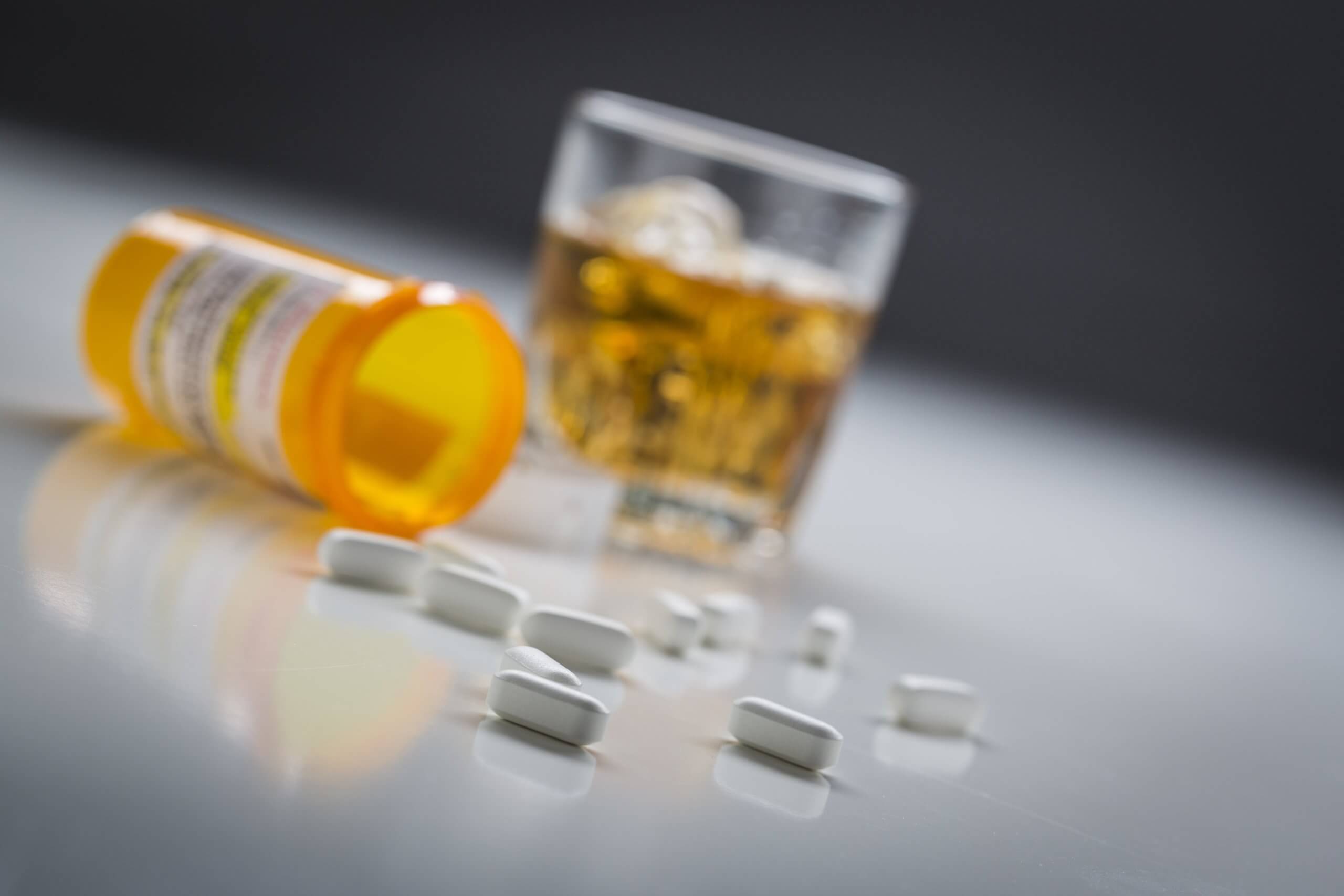While in recovery from drug addiction, you might think that alcohol is a safe alternative or socially acceptable to use without any potential issues. The dangers of drinking while recovering from drugs could prolong your recovery process by developing an alcohol addiction or opening the door to relapse. Additionally, many people with substance use disorders have an addiction to both drugs and alcohol.
Although drinking might appear less dangerous due to societal acceptance and legality, it is crucial to abstain from alcohol while recovering from other drugs.
Substance Abuse Changes Your Brain
One of the primary reasons you should not drink while in drug rehab is that substance abuse changes the way your brain functions. When you use drugs to self-medicate or cope with stressors, your brain becomes dependent upon substances to get through the day. Although different drugs have unique effects, your brain essentially learns to depend upon substances to alter its natural chemical reward system.
When you use drugs, your brain’s reward system is flooded with chemicals causing euphoria and a high. As you continue to use drugs, your brain stops functioning normally, as it anticipates the next hit of substances to access the reward system. You go through withdrawal symptoms during drug detox because your brain needs time to regain normal functioning by dispensing its natural chemical rewards again.
Although alcohol can cause different effects than other drugs, alcohol also hijacks the brain’s reward system. You are now replacing one substance with another, and your brain might not be able to restructure itself back to normal and healthy functioning. Essentially, drug addiction could rewire your brain to become more susceptible to other types of addictions, including alcoholism and behavioral addictions, like gambling and excessive shopping.
While developing a new addiction to substitute a former one is a risk while in recovery, one of the most common dangers of drinking while recovering from drugs is relapsing on your primary drug of choice.
Relapsing on Your Primary Addiction
Alcohol affects many areas of your brain related to impulse control and decision-making. You are at risk of making risky decisions while under the influence of alcohol. Your brain can start to let go of its control over your behaviors, and you could find yourself justifying using drugs again.
When your inhibitions are lowered by alcohol, you could start to rationalize with yourself. You might start thinking, “I’ve been good in recovery; I can just take one hit.” Relapse begins with your thoughts and feelings before taking action. Since alcohol disrupts your natural thought process, you could forgo your coping skills, leading to relapse.
Relapse occurs in three stages:
- Emotional relapse occurs when you are no longer dealing with the underlying emotional issues related to addiction. You might stop attending therapy and support group meetings. If you are drinking alcohol, you might skip your meetings to go out to the bar and then lose track of time. You could also numb your emotions, making you feel like you no longer need therapy or mental health treatment.
- Mental relapse starts when you think about ways to use drugs again or glorify your past drug use. Since alcohol impacts your thoughts and judgment, you could start to believe that your drug use wasn’t too bad. You can also begin to falsely believe that you’d be able to control your drug use from now on. Alcohol alters your mental perceptions, potentially leading to a mental drug relapse.
- Physical relapse occurs when you start using drugs again. During rehab, you learn valuable impulse control skills to shield you from drug use when you get intense urges and cravings. These coping skills can be helpful when you are triggered or in an unsafe environment and need an immediate exit strategy. Since alcohol inhibits your impulse control, even after one drink, you might be setting yourself up for a relapse.
Alcohol can affect your brain in ways that can make you progress through the stages of relapse much more quickly. Relapse prevention skills are a critical part of any successful drug rehab program. Especially during early recovery, you are at a high risk of relapse because your brain needs time to heal. You need time to develop healthy habits to manage the underlying causes of addiction.
Recovery Is Not Just About Quitting a Drug
Recovery from drug abuse is not just about abstaining from using that particular drug. Instead, you are learning healthy ways to cope with life. You learn better ways to live, improve relationships, and find meaningful outlets for stress. Drinking while recovering from drugs can detract you from building the valuable life skills needed to thrive in recovery from drug addiction.
Outpatient Drug Addiction Treatment in Colorado
Treating drug addiction is much more than abstaining from using your primary drug of choice. Addiction recovery involves changing your outlook on life and developing the skills needed to feel fulfilled without drugs or alcohol. Continuum Recovery Center of Colorado is here to help you with customized treatment plans that meet you where you’re at in your recovery. Call us today or visit our admissions page to learn more.



